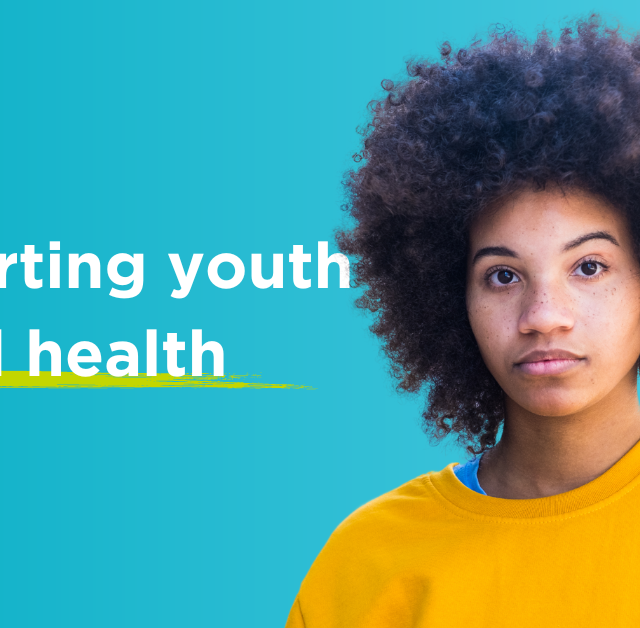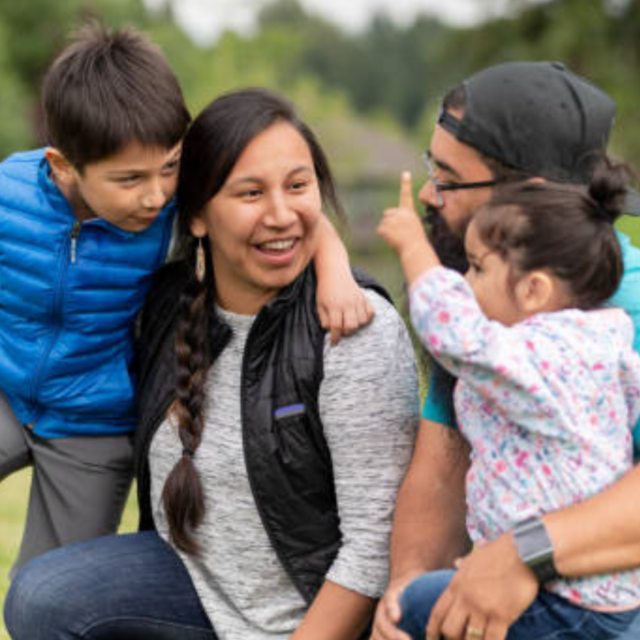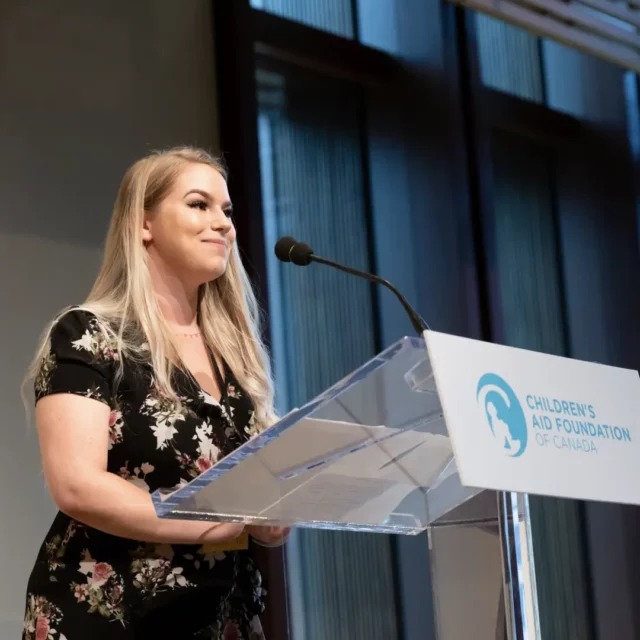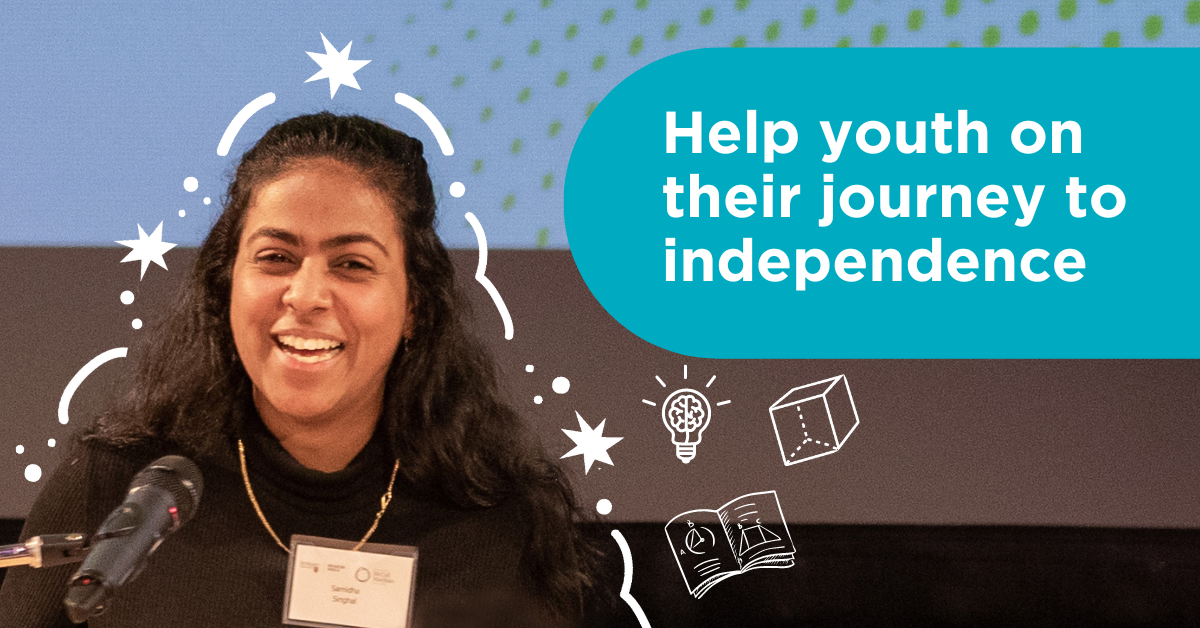By Valerie McMurtry and Christina Loc
At the confluence in May of National Child and Youth Mental Health Day, the 10th anniversary of Children and Youth in Care Day on May 14th and the government’s invitation to participate in a review of Bill 188, Supporting Children’s Futures Act, Children’s Aid Foundation of Canada (CAFC) amplified a message from young people that children and youth in care are not doing alright and that they need help now.
When young people are disconnected from their communities, those they love and the world around them, their mental health suffers.
For young people from care, many of whom have lived a lifetime of isolation and exclusion due to displacement and being forced out of their homes by concerns of safety, abuse and/or neglect, this sense of community and belonging is often fragmented.
A sense of belonging, that feeling of being seen, heard, cared for, and valued by others, is considered a protective factor and predictor of positive mental health. Not having a sense of belonging has been linked to homelessness and higher rates of suicide attempts, and adverse mental health outcomes such as anxiety and depression for young people in and from care.
In fact, according to a recent Conference Board of Canada report that CAFC contributed to, approximately 30 percent of children and youth living in foster care reported a mental health condition compared to 5 percent of their peers in the total population.
On the other hand, a greater sense of belonging for young people with experience in the child welfare system has been found to increase their resiliency, improve their well-being and lead to greater life satisfaction.
For many, healing from the traumas they experienced before or due to the child welfare system is also critical for them to thrive into adulthood. These are outcomes we can all get behind, but how do we address these needs meaningfully for children and youth in and from care?
Unsurprisingly, the solution is simple – ask them.
Founded in 2013, Children’s Aid Foundation of Canada’s Young People’s Advisory Council has a long history of acting as a bridge between the Foundation and the young people we serve. This group is made up of individuals from across Canada with lived experience in the child welfare system who told us that their utmost desire is to build a community that supports and nourishes them.
They shared that young people in and from care need prioritized access to timely, ongoing, high-quality mental health services. They highlighted that this is a safety concern in the short and long term as a lack of access results in the loss of life of their siblings and interrupts their ability to thrive and feel included in the wider community.
Above all else, they want government and service providers to work with them directly. There are just too many people and processes standing between young people and their efforts to advocate for what they need. They shared that this convolutes and dilutes their voices and can lead to inaction.
Finally, language matters. Terms like “kids in care” and “foster care” are labels that distance and make young people a separate entity from the rest of the community when they are, in fact, experts on their lives, and we owe it to them to listen, value, and care.
If this isn’t the definition of belonging, we don’t know what is.

Valerie McMurtry is the President and CEO of the Children’s Aid Foundation of Canada. |

Christina Loc is CAFC’s Youth & Lived Expert Engagement Manager and a First Voice Advocate with lived experience in the child welfare system. |



